Lagoon Hull: Your questions answered
Hull has never had such an exciting opportunity to transform its future.
Practical benefits like providing 100 per cent protection from tidal flooding and significantly increasing capacity on our gridlocked roads will unlock the city’s future.
Our zoning plans, which split the project into four distinct areas, allow us to build on Hull’s placemaking agenda – making the city a more desirable place to live, work and play.
Making our young people want to play a part in our future is vital, which is where our grand plan to create 19,000 new skilled and semi-skilled jobs comes in.
The Lagoon Hull project team is currently engaging with key stakeholders to ensure the entire city can make the most of this exciting opportunity with plans also in place to create new waterfront living spaces for people at all stages of life – from young families to the elderly. Putting people at the heart of the project is vital.
We receive questions all the time on everything, from specifics around flood prevention and funding to its integration with existing traffic infrastructure and Lagoon’s role in the wider world.
Here are some of the latest questions to drop into our inbox…
Q. Is there a timescale for this project? The idea is a great one, but surely there’s a point where you have to pull the plug?
A. The current timescale for the project is five years to fully develop the project to receive formal consent, followed by five years of construction. This timeline starts when we can secure funding for the development stage.
We have been working on this for more than six years and at every step we have seen support continue to grow and the relevance of the project become more important. While it continues to address today's needs and we continue to receive support, we will continue to make the case for this transformational scheme.
Q. Won’t building the Lagoon cause more flooding in other places around the estuary?
A. Lagoon Hull will reduce the chance of flooding across the estuary – not just in the area immediately protected by the structure. Initial studies suggest that there would be significant reductions in flooding from Immingham upriver into the Rivers Trent and Ouse. Downstream, it is predicted that there would be little change to what is experienced now.
Q. Would it not be much cheaper to build a three-metre flood defence all along the city’s riverfront?
A. It would be cheaper… but it would only solve one problem. Lagoon Hull isn’t simply a flood defence – it will also provide answers to so many of the other big issues Hull is facing right now. In terms of the flood defence walls, these could be built ever higher but is that what people want from a city? This project aims to make the city’s waterfront more accessible, not blocked off forever.
Q. Will it have cycle lanes?
A. There are plans for a designated cycle route that would be independent of the road. As we move further forward with the project, the team will be working with the public to develop the best solution for everyone.
Q. What will happen to St Andrew’s Quay retail park?
A. These existing sites could remain unaffected. They will benefit from the transformation of the derelict land at either side of it, including around the Lord Line building and behind Makro but there is an opportunity to regenerate the whole area to take advantage of the new opportunities created by the Lagoon.
Q. Would this be something that would have benefited from EU funding had we not left?
A. There has certainly been lots of EU funding, as well as national funding, for community projects in the past. However, looking forward, the project is a strong candidate for the levelling-up agenda. Our motivation is solely about creating better opportunities for everyone in our region, hopefully all our politicians will agree.
Q. Why not find funding for a proper ring road round the north of Hull, linking east to west? Invest in the city centre, bring industry back and improve the schools. Why would you waste billions on building a Lagoon in a river that will not really benefit anyone?
A. Lagoon Hull will provide 100 per cent tidal flood protection to the city - that is something everyone will benefit from. The project will also help to make Hull a destination city which will help our existing city centre to thrive. On top of these huge benefits, it will also provide a ring road for port traffic to decongest the city centre and building a road in the river will be much cheaper than trying to find a route to the north of the city.
Got a question? Get in touch via our social media channels: Facebook, Twitter, Instagram or LinkedIn.
You can find out more about the project here.

